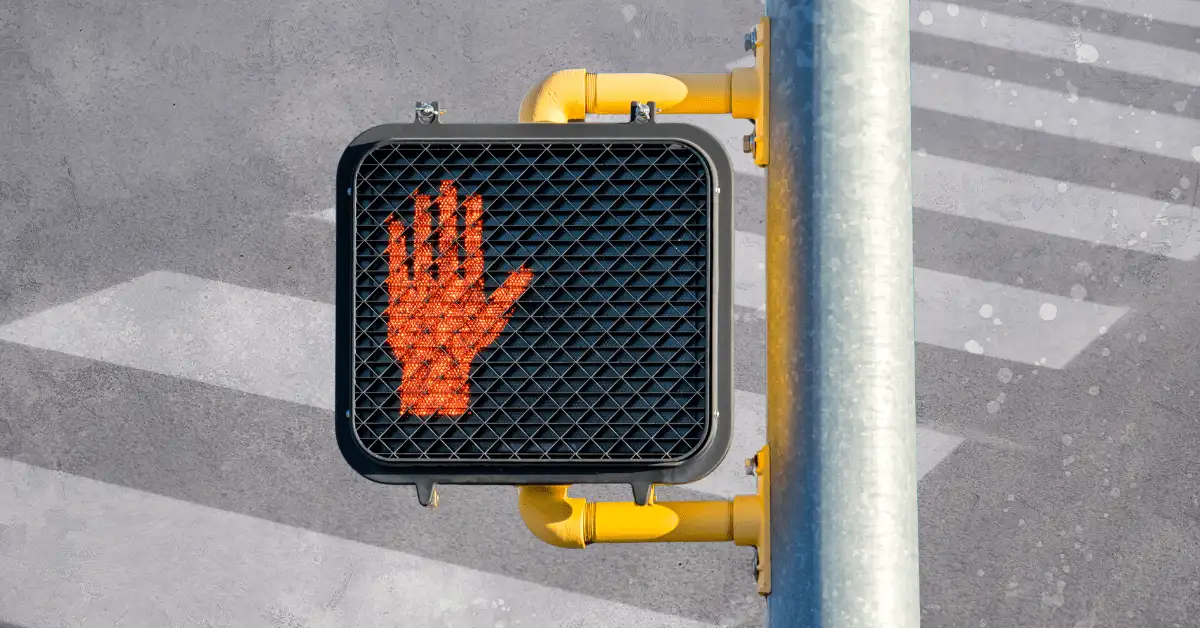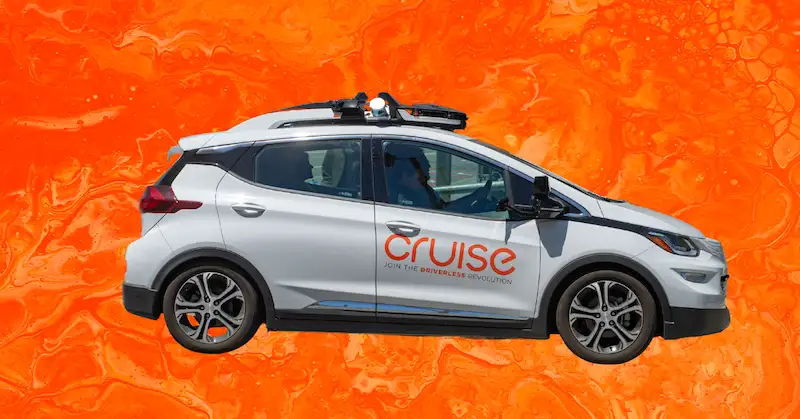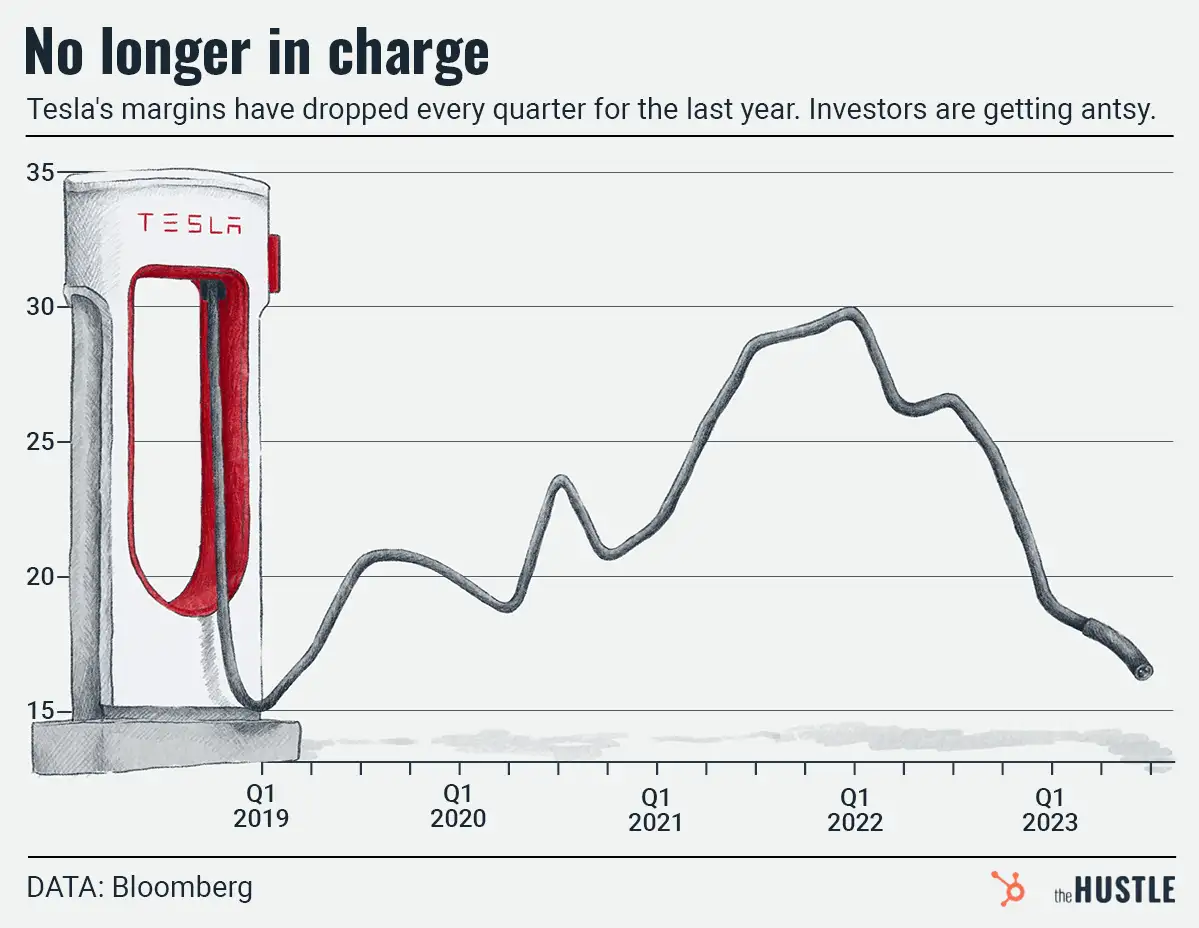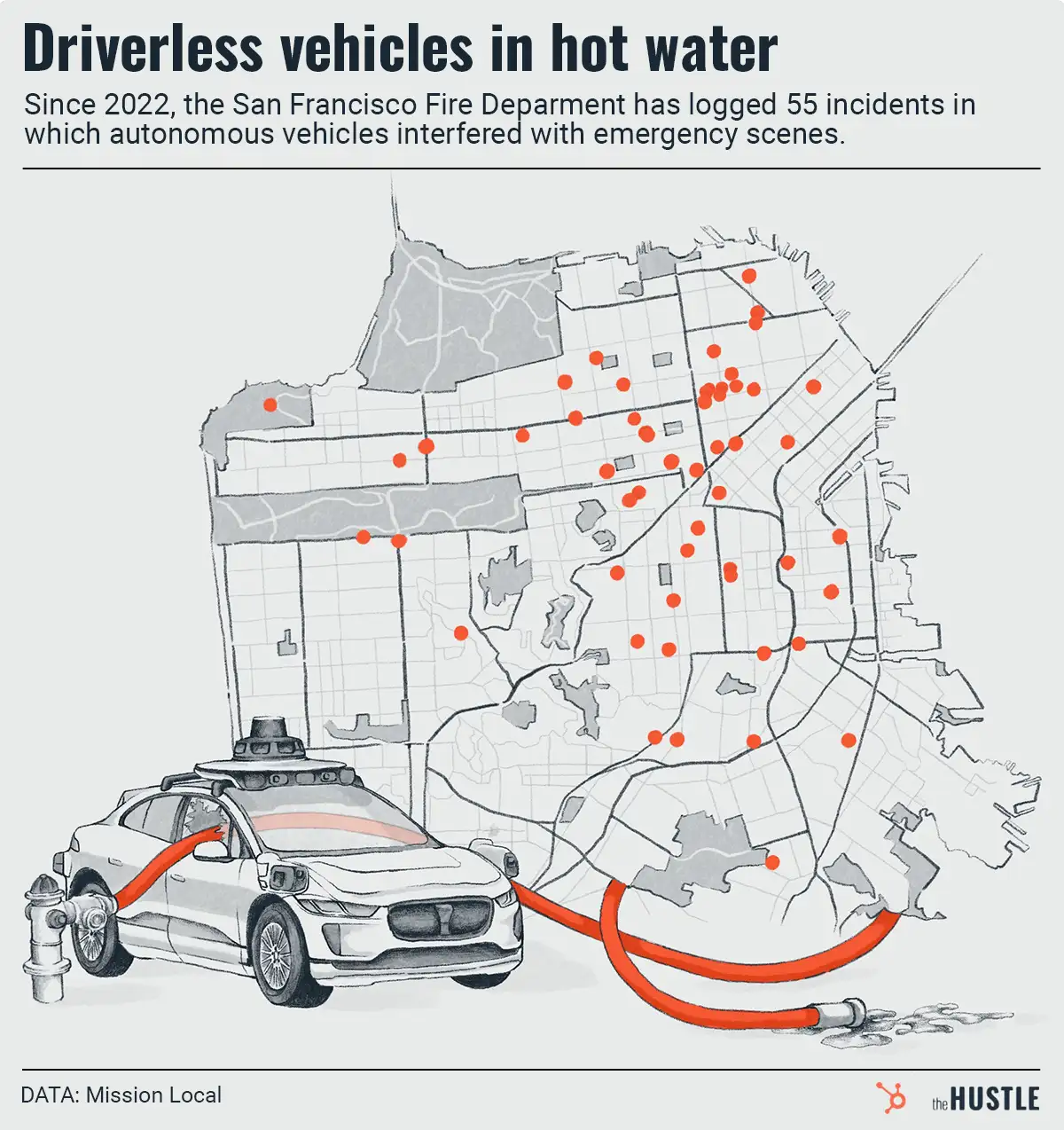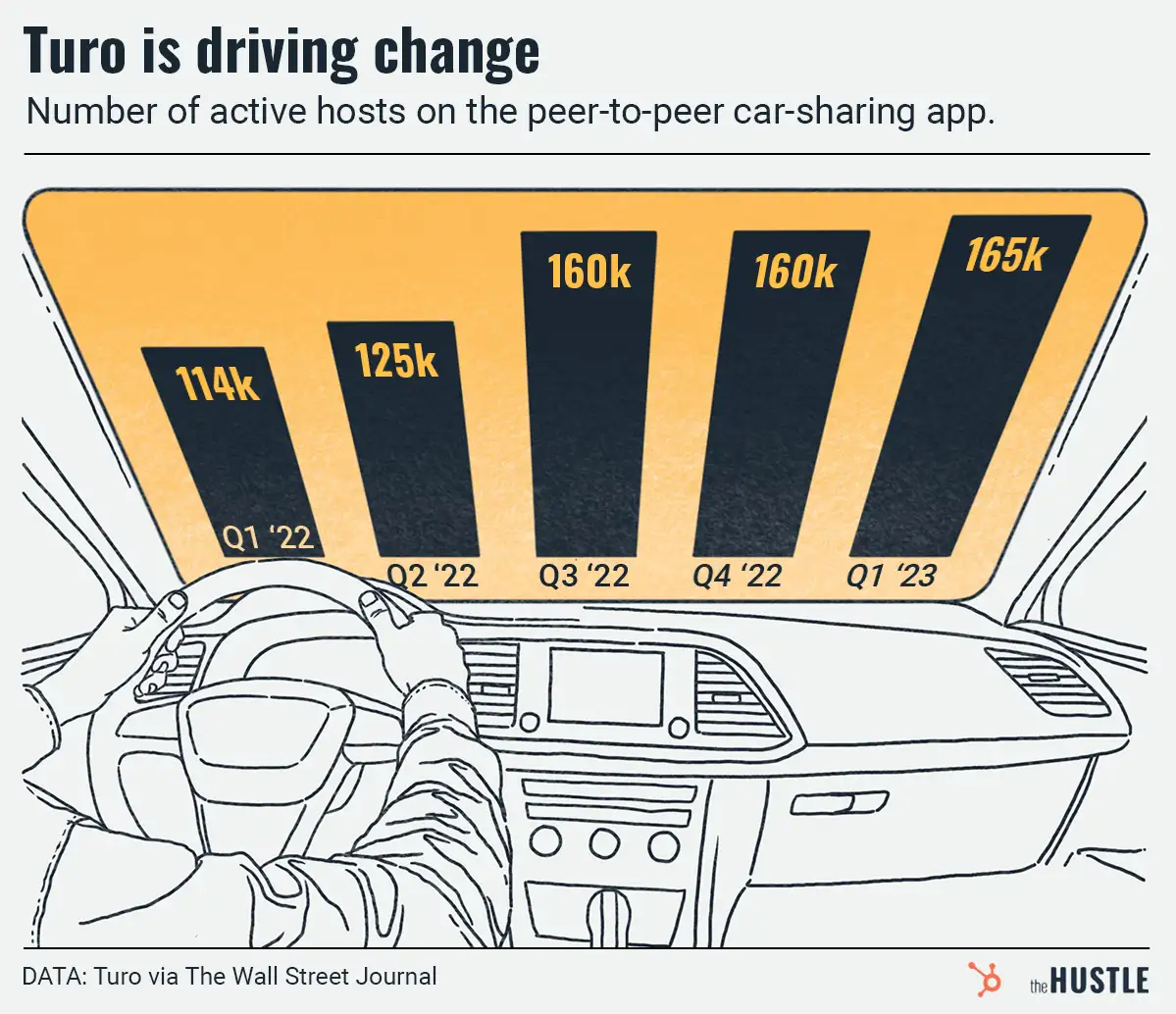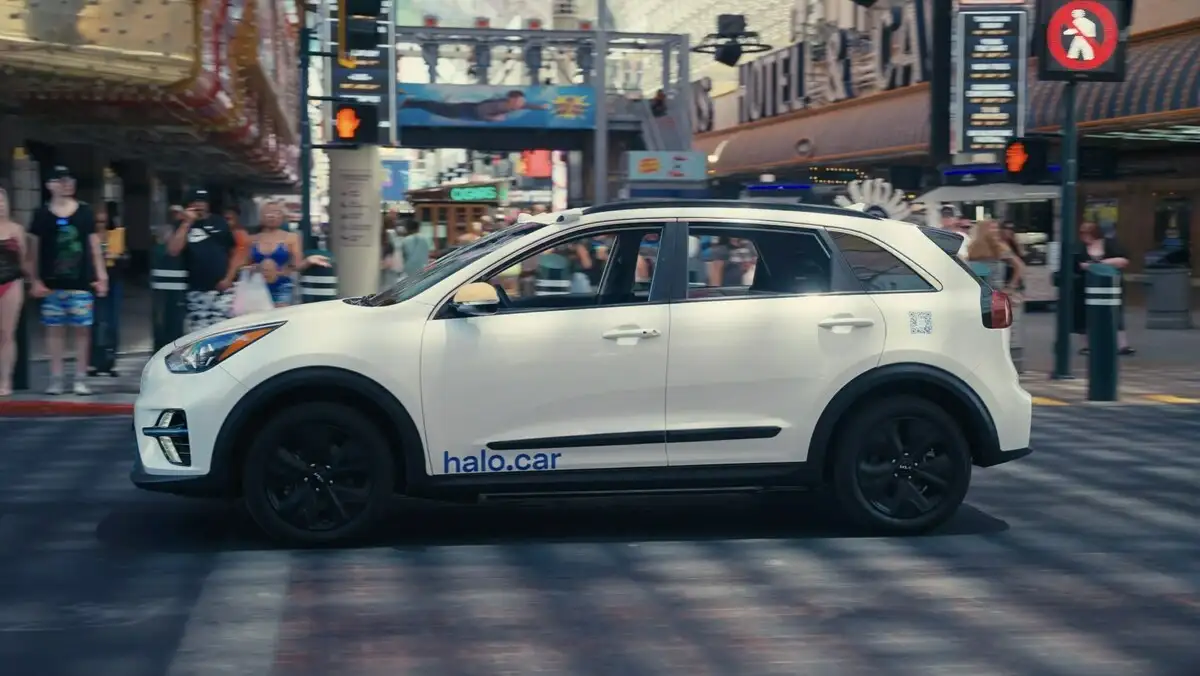Summer is over, meteorologically speaking, but “hot labor summer” is just heating up.

If automakers do not meet demands from the United Auto Workers by Thursday, ~146k factory workers will go on strike, effectively pausing US auto production.
A walkoff would bring the number of employees who went on strike this year to 450k+, the highest level since 2018.
The pressure is on automakers
UAW wants 46% raises over the next four years, among other benefits, per PBS NewsHour.
In 2007, the union made concessions to float General Motors, Ford, and Stellantis (formerly Fiat Chrysler) through the Great Recession. Now that the companies are profit engines anew, collectively making ~$20B so far this year, workers want a bigger slice.
Emboldening them right now:
- A winning summer for unions: Though Hollywood’s labor gridlock continues, unions backing pilots and UPS drivers have seen big wins.
- Public support: A Gallup poll shows 75% of Americans support the UAW in its contract talks.
- Political leverage: A study from consulting firm Anderson Economic Group shows how a 10-day strike would reduce US GDP by $5.6B and push Michigan into recession — but that’ll only increase pressure from a union-friendly Biden administration.
Things are already messy for automakers
Labor concerns aside, car prices are surging — the average price of a vehicle has surpassed $50k — which The Wall Street Journal warns “might be unsustainable for buyers.”
As consumers struggle with regular monthly car payments, automakers’ plans to increase profits include additive paid subscriptions for in-car features like entertainment and navigation tools.
- It’ll be a tough sell; BMW customers were so upset about a $18/month heated seats subscription, the luxury brand ditched the plan.
Looking for a silver lining? There isn’t one for automakers today. The Mozilla Foundation released a report calling cars “the worst product category we have ever reviewed for privacy,” and calling the way car companies handle customer data a “privacy nightmare.”


